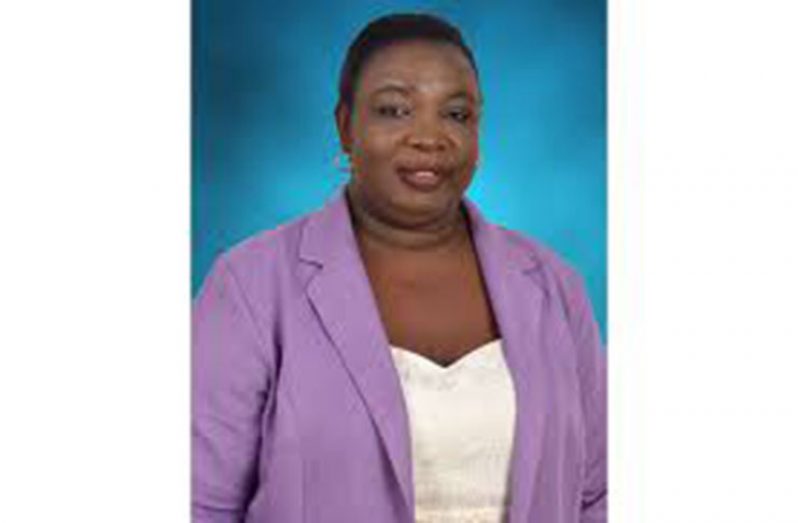-says Dr. Thomas, outlines several coping measures
THE Novel Coronavirus (COVID-19) pandemic continues to unfold worldwide, and while not everyone has been affected directly by the disease, the stress associated with this period is manifesting in different ways.
Guyanese have not been exempted from the effects of the pandemic, as persons, while not necessarily being infected by the disease, have been dealing with a “mental burden” because they have been forced to adjust their lives and even make sacrifices, which have taken a toll on their mental health.
“Guyana is in the midst of the COVID-19 pandemic and all of us are affected in some way or the other. We have been forced to adapt to a new lifestyle to protect ourselves and our loved ones. Staying at home with our families, wearing a mask, washing our hands regularly and finding new hobbies and routines have become the new norm,” said Director of the Mental Health Unit at the Ministry of Public Health, Dr. Util Thomas, in a virtual message, on Wednesday.
She said many persons are finding it hard to adjust to these changes, and the stress associated with this period is manifesting in different ways for some persons. These manifestations include lack of sleep; constant fear; anger; confusion; frustration; anxiety and depression.
In sharing her expertise, Dr. Thomas advised persons on methods to cope with the stress associated with the pandemic.
“First and foremost, ensure that you are talking to someone you trust about your problems, your thoughts and your feelings. Even if that person cannot solve the problem, just talking sometimes is enough. A problem shared is a problem halved.
“When we talk about a problem, our brain releases chemicals which ease the symptoms of stress. Vice versa, we must be ready to listen to others so that they too can have the same benefits. Listen without being judgemental or forcing persons to talk,” Dr. Thomas advised.
This method also includes staying connected with family, friends, workmates and whatever clubs, organisations or social groups which you may be associated with.
Additionally, she encouraged persons to educate themselves about the avenues of assistance, which are available in their communities and, by extension, the country.
Some of the help available may include the religious groups, non-governmental organisations, the health care facilities where health care workers are found, ministries and other government departments, clubs and so forth.
Existing problems are going to feel much more manageable, and persons will feel much more hopeful and confident about getting through this pandemic, once they are well informed of available supports.
Confidence will help persons realise their strengths and even find the ability to overcome these trying times.
In giving additional advice, Dr. Thomas said: “In your day to day routine, do not fill your time with unrealistic tasks that you may not be able to accomplish. Instead, prioritize focus on those that can be easily completed, so as to reduce the size of the ‘to do’ list. This will reduce stress and increase our sense of achievement, giving you the opportunity and drive to focus on the larger tasks.”
Persons were also advised to set aside time for themselves every day because, when you neglect your personal time, everything else suffers. Exercise, sleep and eat healthy every day because these are powerful “stress busters” and natural anti-depressants.
“Do not use alcohol and other substances of abuse, such as marijuana and cocaine to deal with stressful situations. This only adds to the problems by worsening behavior and adding to issues of misuse, and can also affect your immune system, making it easier for you to become infected with the coronavirus,” said Dr. Thomas.
She encouraged persons to find the time to look after themselves and use to time to restart or start hobbies such as reading, cooking, sewing, playing a musical instrument, knitting, board games, art, decorating, gardening, keeping pets, listening to music among other things.
While spending time on social media is also a pastime, she said persons should limit the time they spend on those applications because it increases the feeling of hopelessness and panic. Instead, persons should seek information from the Ministry of Public Health and Pan American Health Organisation (PAHO)’s website and Facebook page, which are credible sources.
Persons, who feel they are overwhelmed and need help, were advised to seek help from the Mental Health Unit or any other healthcare worker.




.png)









